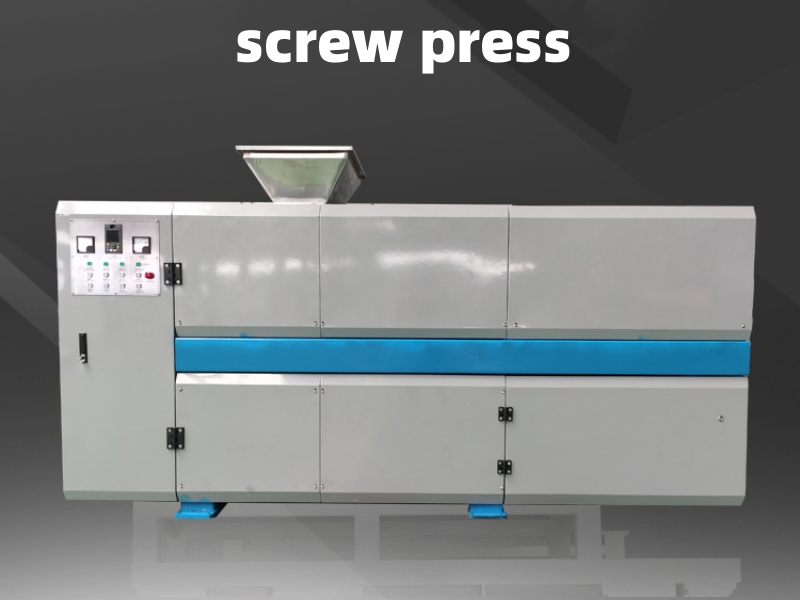
Introduction:
Screw press dewatering equipment plays a crucial role in various industries, providing an efficient and cost-effective solution for separating liquid from solid components in sludge and other waste materials. This article explores the applications and significance of screw press dewatering equipment in different sectors.
Applications:
Wastewater Treatment Plants:
Screw press dewatering equipment is extensively used in wastewater treatment plants to dewater sludge generated during the treatment process. By effectively removing water content from sludge, the equipment reduces the volume of waste, facilitating easier and more economical disposal.
Industrial Processes:
Industries such as food processing, chemical manufacturing, and pharmaceuticals generate significant amounts of sludge and by-products. Screw press dewatering equipment aids in the separation of liquids from these industrial wastes, enabling companies to manage waste more efficiently and comply with environmental regulations.
Municipal Sewage Treatment:
Municipalities rely on screw press dewatering technology to handle sewage sludge, enabling the reduction of sludge volume before disposal. This not only lowers transportation costs but also minimizes the environmental impact of sludge disposal.
Agricultural Waste Management:
In agriculture, screw press dewatering equipment is applied to process organic waste, such as manure and crop residues. The resulting dewatered material can be used as a valuable resource for soil improvement, reducing the environmental footprint of agricultural activities.
Biogas Production:
Dewatered sludge from various sources can serve as feedstock for biogas production. By removing excess water, screw press dewatering equipment enhances the efficiency of anaerobic digestion processes, leading to increased biogas yields.
Significance:
Cost Reduction:
Screw press dewatering equipment contributes to cost savings by reducing the volume of sludge and waste materials. This leads to lower transportation costs and facilitates more economical disposal methods.
Environmental Compliance:
Industries and municipalities benefit from screw press dewatering equipment in meeting stringent environmental regulations. By efficiently managing and reducing waste volumes, organizations can minimize their impact on the environment.
Resource Recovery:
The dewatered material obtained through screw press technology often contains valuable resources. In agricultural applications, for instance, the dewatered sludge can be used as fertilizer, promoting sustainable and resource-efficient practices.
Improved Operational Efficiency:
The use of screw press dewatering equipment enhances overall operational efficiency in wastewater treatment plants and industrial processes. It streamlines the handling of sludge, leading to a more streamlined and effective waste management system.
Versatility:
Screw press dewatering equipment is versatile and adaptable to different types of sludge and waste materials. Its applicability across various industries makes it a valuable tool for addressing diverse dewatering needs.
Conclusion:
Screw press dewatering equipment plays a vital role in the efficient management of sludge and waste materials across multiple industries. Its applications range from wastewater treatment plants to agricultural settings, offering cost-effective solutions that promote environmental sustainability and resource recovery. The significance of this technology lies in its ability to reduce costs, ensure compliance with environmental regulations, and contribute to overall operational efficiency.




If your company wants to establish a business relationship with us, please briefly describe the cooperation intention and send an email to:chuantaiscrewpress@gmail.com























































































![[list:title]](/static/upload/image/20240528/1716877114510915.jpg)